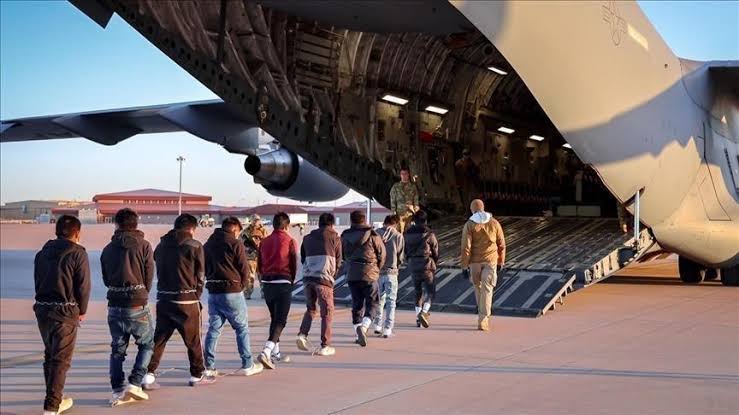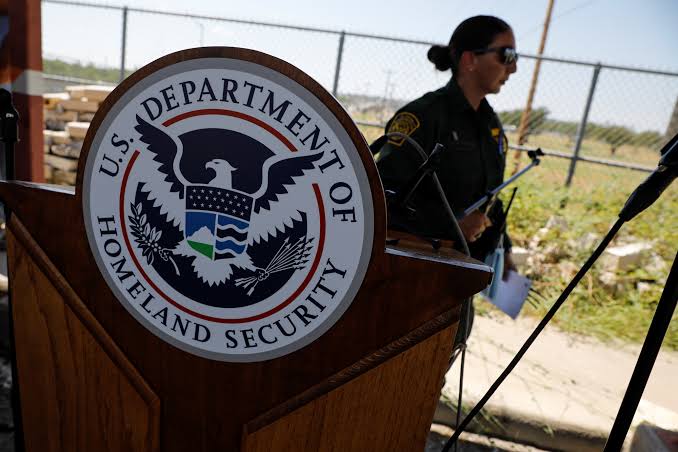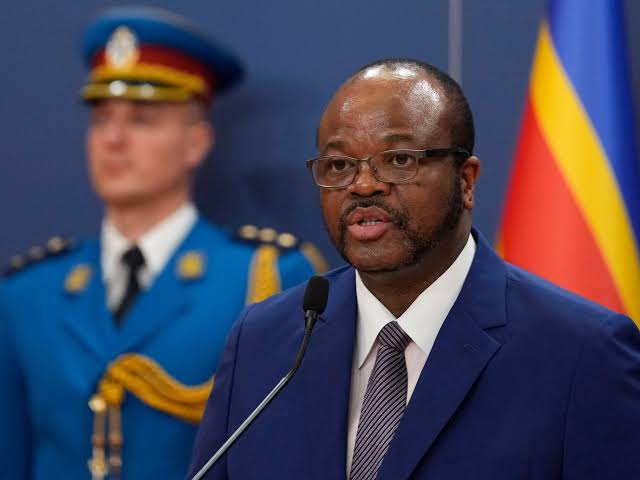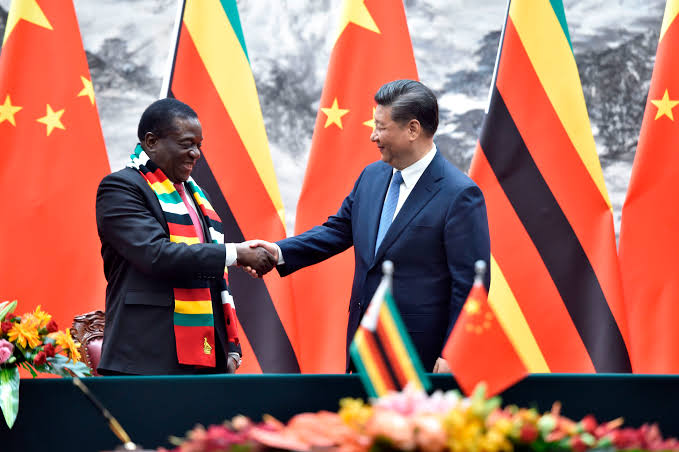
Faith Nyasuguta
Eswatini has firmly rejected claims made by the United States that it is acting as the final destination for a controversial group of deported ex-convicts. Instead, the tiny southern African kingdom insists its role is simply to help move the deportees on to their home countries.
This clash emerged after the U.S. Department of Homeland Security (DHS) revealed it had flown a group of people – who had served time for serious crimes – to Eswatini because their own governments allegedly refused to accept them. The deportees are from Vietnam, Jamaica, Laos, Yemen and Cuba.

A recent U.S. Supreme Court ruling under President Donald Trump’s administration allowed this so-called “third-country deportation,” marking the first time the policy has been used in this way. Tricia McLaughlin, a DHS spokeswoman, described the deportees on social media as “so uniquely barbaric that their home countries refused to take them back.”
However, Eswatini’s government says it was never the plan for these individuals to remain in the kingdom. Instead, according to a statement released on Wednesday by government spokeswoman Thabile Mdluli, Eswatini is working with the U.S. and the International Organization for Migration (IOM) to “facilitate the transit of these inmates to their countries of origin.”
This statement directly contradicts the version of events put forward by Washington. It also raises new questions about how the deportation will be handled in practice.

Adding to the confusion, The New York Times reported that the IOM had denied any role in the removals. A spokesperson told the paper that the organization “had no involvement in the removal of the migrants from the United States and had not been asked to provide any support with repatriation.”
These developments reveal the real diplomatic and logistical challenges that come with trying to deport people whose home governments don’t want them back. While the Trump-era policy aims to use “safe third countries” as stepping stones for deportees, the latest standoff shows that not every country is willing to play along.
For Eswatini, the kingdom wants to make clear that it is not a dumping ground for ex-convicts from other continents. As the situation unfolds, all eyes are now on whether these deportees will actually reach their homelands – or if a new diplomatic fight will erupt.
RELATED:








